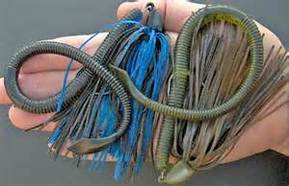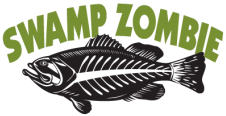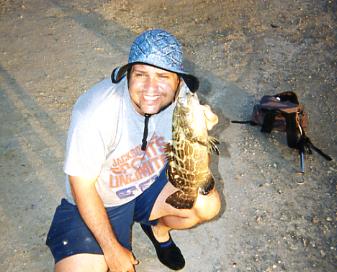
On January 17, state Representative Paul Davis introduced legislation that would prohibit the use of all “artificial lures made of rubber." What "rubber lures" actually means is not specifically defined, seeing as how soft baits are not made from rubber at all but from other various substances.
Regardless of the language, the intent of the legislation is clear – to ban the soft baits that Maine anglers use every day, even biodegradable lures currently available.
Maine's Joint Standing Committee on Inland Fisheries and Wildlife held a public hearing on this bill, where they determined to advance this legislation, as well as one to mandate biodegradable hooks, to a work session for further discussion and possible modification of the bill. At the end of the work session the bill could be recommended for passage, recommended to not pass, pass with modification or a study committee could be formed to further investigate the need for the bill.
At the hearing three individuals spoke in favor of the bill and the remaining speakers, for almost three hours, spoke against the bill. Notably the individual who requested the bill be introduced said the bill was not drafted to his satisfaction and that his intention was to basically ban any lure that had rubber or plastic on it that wasn’t biodegradable – and this included spinners.
According to KeepAmericaFishing, there is no study in the wild showing detrimental impact on fish populations. Years of laboratory tests on soft baits conclude that most fish regurgitate or pass these baits without harm. KeepAmericaFishing urges anglers to continue to speak out on this issue urging the members of the Joint Committee on Inland Fisheries and Wildlife to carefully study the facts, both biological and socio-economic before and to either reject the bill or create a study committee of anglers, sportfishing industry experts and the Maine Department of Inland Fisheries and Wildlife so the issue can be better understood.
Maine has a rich history with angling and the sport has significant economic impacts to the state. Anglers in Maine provide a $614,401,455 economic infusion to the state each year supporting 6,723 Maine jobs. This economic engine from recreational fishing in Maine also provides $42.8 million in state and local tax revenue. Forty-four percent of Maine’s angling days are done by non-resident anglers, and this ban would affect not only bait and tackle shops but also all tourism businesses.
SCARY stuff! Imagine a world where Soft Plastic's (in all forms) were outlawed.
(Originally printed at WFN- World Fishing Network)
Regardless of the language, the intent of the legislation is clear – to ban the soft baits that Maine anglers use every day, even biodegradable lures currently available.
Maine's Joint Standing Committee on Inland Fisheries and Wildlife held a public hearing on this bill, where they determined to advance this legislation, as well as one to mandate biodegradable hooks, to a work session for further discussion and possible modification of the bill. At the end of the work session the bill could be recommended for passage, recommended to not pass, pass with modification or a study committee could be formed to further investigate the need for the bill.
At the hearing three individuals spoke in favor of the bill and the remaining speakers, for almost three hours, spoke against the bill. Notably the individual who requested the bill be introduced said the bill was not drafted to his satisfaction and that his intention was to basically ban any lure that had rubber or plastic on it that wasn’t biodegradable – and this included spinners.
According to KeepAmericaFishing, there is no study in the wild showing detrimental impact on fish populations. Years of laboratory tests on soft baits conclude that most fish regurgitate or pass these baits without harm. KeepAmericaFishing urges anglers to continue to speak out on this issue urging the members of the Joint Committee on Inland Fisheries and Wildlife to carefully study the facts, both biological and socio-economic before and to either reject the bill or create a study committee of anglers, sportfishing industry experts and the Maine Department of Inland Fisheries and Wildlife so the issue can be better understood.
Maine has a rich history with angling and the sport has significant economic impacts to the state. Anglers in Maine provide a $614,401,455 economic infusion to the state each year supporting 6,723 Maine jobs. This economic engine from recreational fishing in Maine also provides $42.8 million in state and local tax revenue. Forty-four percent of Maine’s angling days are done by non-resident anglers, and this ban would affect not only bait and tackle shops but also all tourism businesses.
SCARY stuff! Imagine a world where Soft Plastic's (in all forms) were outlawed.
(Originally printed at WFN- World Fishing Network)


 RSS Feed
RSS Feed